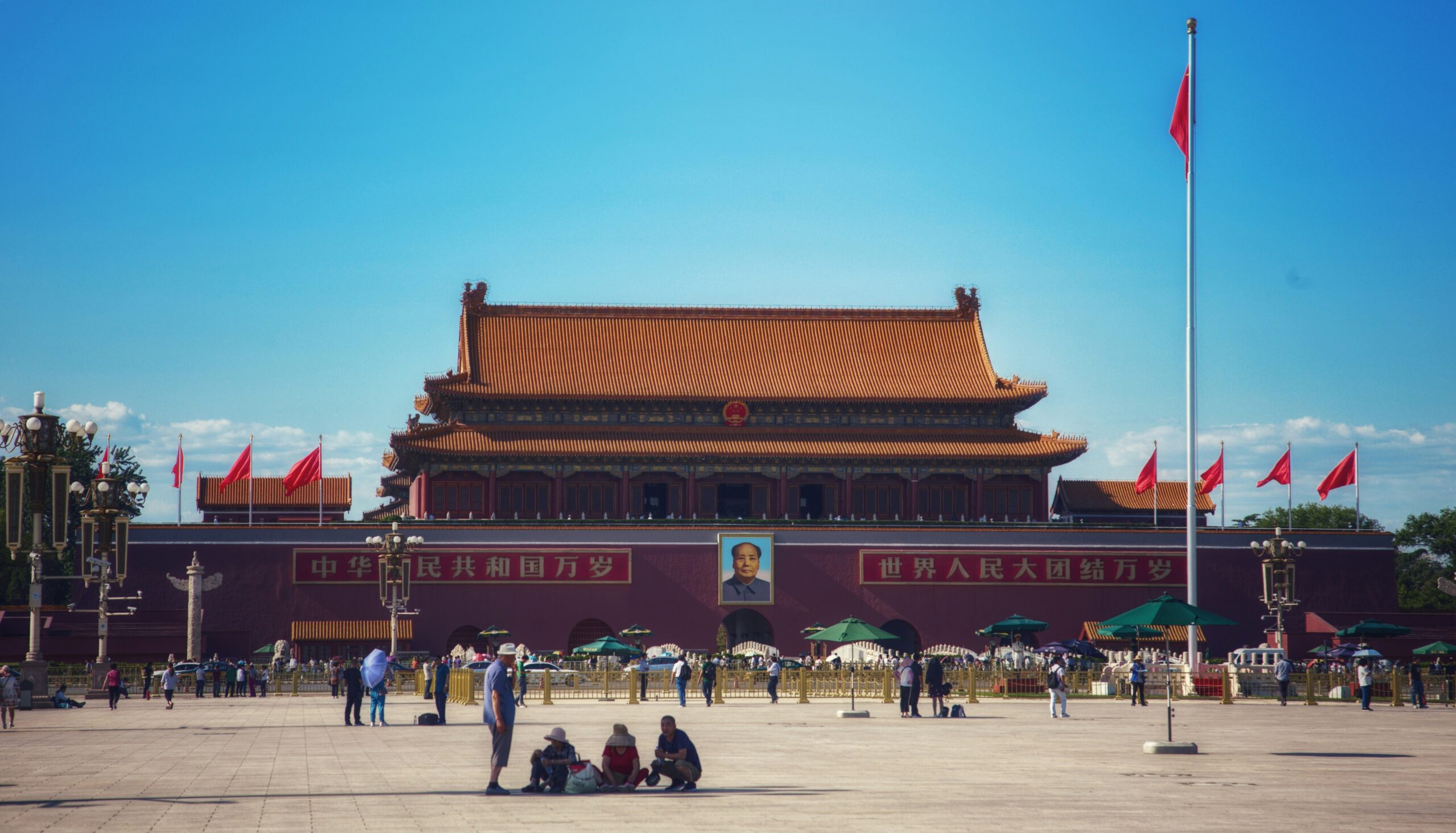The European Green Deal is a set of policy measures designed to guide the EU toward a green transition, with the eventual goal of reaching climate neutrality by 2050. Introduced in 2019 under the leadership of European Commission President Ursula von der Leyen, the comprehensive strategy seeks to reduce greenhouse gas emissions, promote clean energy, and foster sustainability across all sectors. Now, with von der Leyen’s re-election, there’s growing debate about whether the Green Deal will remain a priority in the new term or face resistance from groups like farmers.
While the European Green Deal has achieved significant progress since its launch five years ago, it remains a long-term strategy with much work still ahead. Key issues for the upcoming mandate include a framework for sustainable food systems, revision of the chemicals regulation and a full animal welfare package. To support agriculture, a new vision for the Common Agriculture Policy (CAP) is needed as is a better approach to policy integration.
Shifting geopolitical tensions and potential trade conflicts are casting uncertainty over the future of the European Green Deal. In the upcoming mandate, industrial policy and competitiveness are expected to take centre stage in EU policymaking. The results from the European Parliament elections on June 6-9 have highlighted a political shift to the right and a stronger push for competitiveness and economic success.
Von der Leyen’s Political Guidelines for 2024-2029 confirm that action on climate and energy will remain a key priority for the EU and will be intrinsically linked with the new competitiveness agenda. The guidelines propose a European Prosperity Plan, which includes a new Clean Industrial Deal aimed at supporting industry in its green transition by channelling investments, lowering energy costs, simplifying administrative processes and creating new market opportunities.
For the EU to stay competitive, it must do its part for the climate and build mutually beneficial partnerships to maintain global relevance. This includes transitioning away from fossil fuels within industry and moving towards clean energy, and better leveraging the internal market to support the business case for clean and strategic industries.
As competitiveness concerns dominate European politics, delivering on the European Green Deal is now firmly linked with the EU’s plan to boost its industry, leverage new markets and create high-quality jobs. The European Green Deal will remain a vital part of the EU’s next mandate, but its progress will depend on balancing climate goals with economic competitiveness. As politics shifts, sustaining momentum for green initiatives will become a key challenge.

